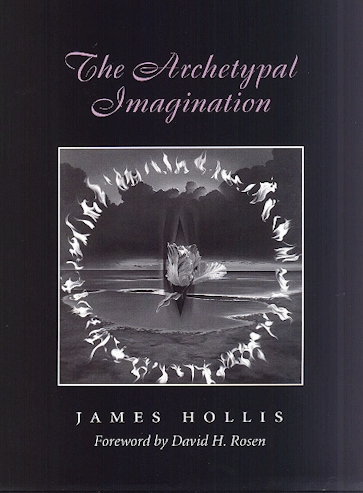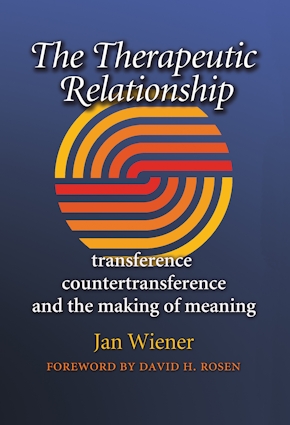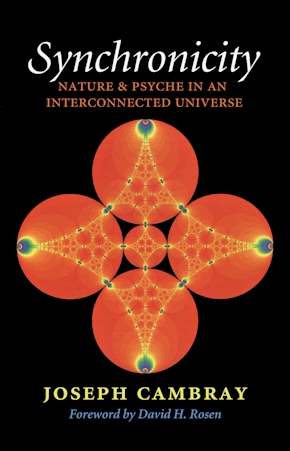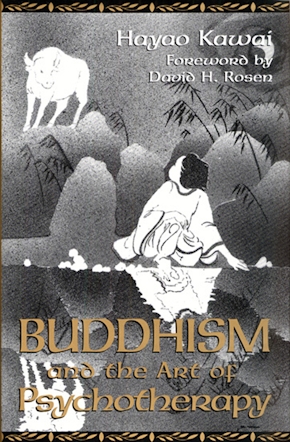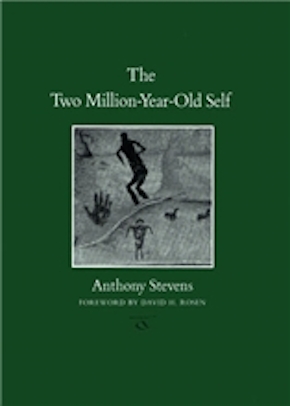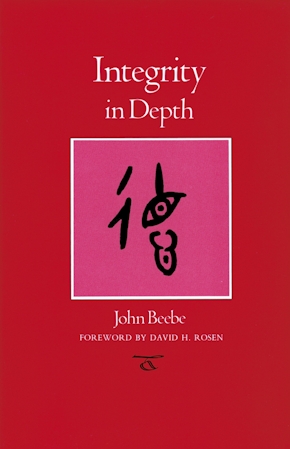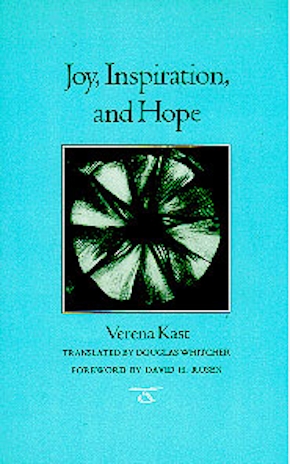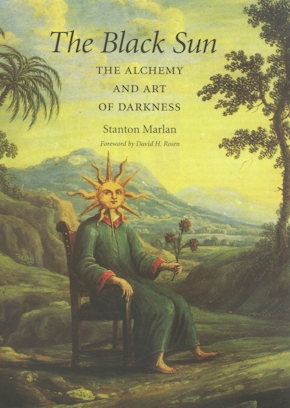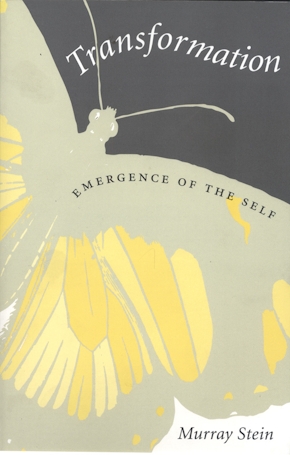The Archetypal Imagination
978-1-58544-268-3 Paperback
5.5 x 8.5 x 0 in
160 pp. 13 b&w photos.
Pub Date: 11/25/2002
Available
Also available in an open-access, full-text edition at http://oaktrust.library.tamu.edu/handle/1969.1/85764
In The Archetypal Imagination, Hollis offers a lyrical Jungian appreciation of the archetypal imagination. He argues that without the human mind’s ability to form energy-filled images that link us to worlds beyond our rational and emotional capacities, we would have neither culture nor spirituality. Drawing upon the work of poets and philosophers, Hollis shows the importance of depth experience, meaning, and connection to an “other” world. Just as humans have instincts for biological survival and social interaction, we have instincts for spiritual connection as well. Just as our physical and social needs seek satisfaction, so the spiritual instincts of the human animal are expressed in images we form to evoke an emotional or spiritual response, as in our dreams, myths, and religious traditions.
The author draws upon the work of the poet Rainer Maria Rilke’s Duino Elegies to elucidate the archetypal imagination in literary forms. To underscore the importance of incarnating depth experience, he also examines a series of paintings by Nancy Witt.
With the power of the archetypal imagination available to all of us, we are invited to summon courage to take on the world anew, to relinquish outmoded identities and defenses, and to risk a radical re-imagining of the larger possibilities of the world and of the self.
Carolyn and Ernest Fay Series in Analytical Psychology
About the Author
Reviews
Published by Texas A&M University Press
